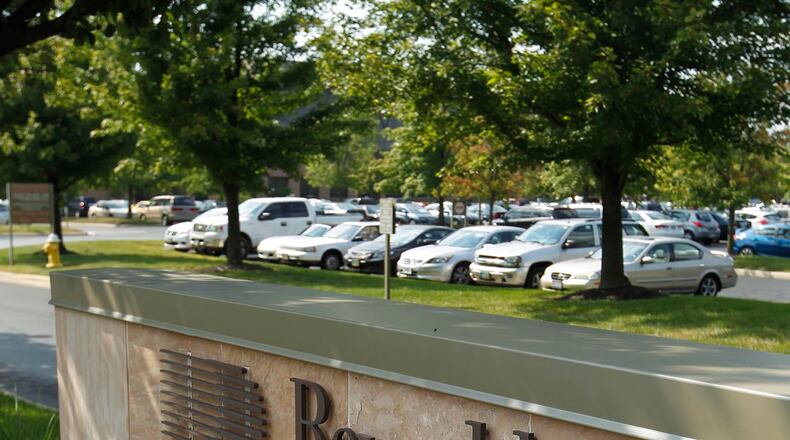RELATED: FTC seeks info on Reynolds and Reynolds, second company
“The FTC does not issue a lot of CIDs,” Cuneo said in a recent interview. “It’s something that has to be approved by the commission. And the commission wouldn’t issue it if the staff didn’t recommend it.”
A CID is a civil investigative demand.
“They have to take it seriously,” Cuneo said.
MORE: Kettering employer targeted in federal anti-trust suit
The FTC has asked for documents related to possible “agreements” between Reynolds and Reynolds — a major Kettering employer with about 1,300 local workers — and another company, Illinois-based CDK Global Inc.
Both Reynolds and CDK are being sued by a third company, Authenticom Inc., which has in a court case accused the two companies of forming an agreement or relationship against it.
But George Alan Hay, a professor of law and economics at Cornell Law School in Ithaca, N.Y., said a CID falls well short of a “complaint” from the trade commission.
“A CID is simply information-gathering,” Hay said. “It’s a serious step, but it’s certainly not a complaint.”
There are cases where CIDs are issued, but no complaints or directives from the FTC follow after that.
“It depends on whether there’s something there. … It could become a big deal,” Hay said.
“This is a lot less serious than getting a subpoena from the Department of Justice asking about possible price-fixing,” he added.
While Cuneo does not know how the case will unfold, he said the FTC has within its power the ability to issue a complaint or federal administrative case against Reynolds and CDK, akin to a federal lawsuit.
“In general, the FTC has the power to issue orders called ‘cease and desist’ orders,” he said. “It’s like an injunction. A federal court injunction.”
Both Reynolds and CDK offer auto dealerships software and business management products and services. Authenticom, based in La Crosse, Wisc., works in the same space, offering data management services to dealers.
The FTC request for documents was discussed in a recent filing with the U.S. Securities and Exchange Commission by CDK Global.
“On June 22, 2017, we received from the FTC a civil investigative demand consisting of interrogatories and a request to produce documents relating to any agreements between ourselves and Reynolds and Reynolds,” CDK said in its 10-K filing. “We are responding to the request.
“The request merely seeks information, and no proceedings have been instituted,” CDK added. “We believe there has not been any conduct by the company or its current or former employees that would be actionable under the antitrust laws in connection with the agreements between ourselves and Reynolds and Reynolds. At this time, we do not have sufficient information to predict the outcome of, or the cost of responding to or resolving this investigation.”
“That’s the kind of thing the FTC investigates,” Cuneo said.
He said his law firm, Cuneo Gilbert and LaDuca LLP, has used the services of Authenticom in the past three years, but the firm is not involved in any litigation currently tied to any of the three companies — Reynolds, CDK or Authenticom.
Spokesmen for Reynolds and CDK declined to comment.
“The FTC does not comment on or confirm the existence of investigations,” FTC spokeswoman told his news outlet earlier this month.
CDK is publicly traded and is required by law to reveal to shareholders risks to its business. Reynolds is privately owned.
About the Author

